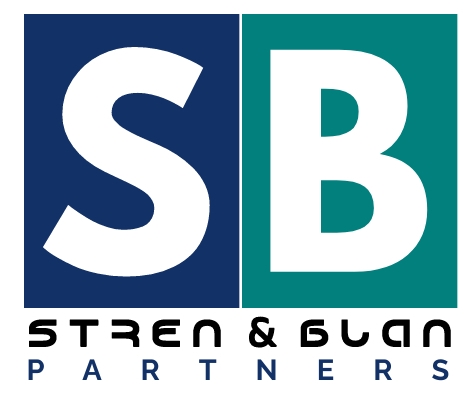In a letter dated 28 November 2023, the Ministry of Finance officially announced the exemption of imported Liquefied Petroleum Gas (LPG) from Value Added Tax (VAT) and Customs Duty. This letter was addressed to key stakeholders, including the Special Adviser to the President on Energy, the Comptroller-General of the Nigeria Customs Service (NCS) and the Chairman of the Federal Inland Revenue Service (FIRS). This move by the Federal Government is a crucial step to boost investment and address increasing energy needs.
This decision is part of a broader initiative aimed at fortifying the investment climate in Nigeria, and it aligns with the government’s commitment to enhancing the domestic energy landscape. The Ministry of Finance (the “Ministry”) stated that this move is pivotal to meeting local demand for Liquefied Petroleum Gas (LPG), lowering market prices and encouraging cleaner cooking practices.
To implement this strategic decision, the Ministry has directed the Nigeria Customs Service, and the Federal Inland Revenue (FIRS) to comply with this directive pending its official gazetting. As a result, all debit notes issued to petroleum marketers who have imported LPG using codes 2711.12.00.00 and 2711.13.00.00 from August 26, 2019, to the present date are to be withdrawn. Furthermore, a range of items related to LPG, such as cylinders, cascade systems, gas leak detectors, steel pipes, valves, fittings, dispensers, generators, and trucks, have also been exempted from VAT and customs duty.
This news comes against the backdrop of changes in the taxation landscape. Previously, the Value Added Tax (VAT) applied at 7.5% to both petroleum gas and LPG at all stages of the production process. The VAT (Modification) Order 2020 initially exempted petroleum gas and LPG from VAT, but subsequent adjustments in the VAT (Modification) Order 2021 excluded only locally produced LPG. This resulted in imported LPG being subject to VAT, creating disparities in pricing.
The initial objective of imposing VAT on imported LPG and exempting locally produced LPG from VAT under the VAT (Modification) Act 2021 was to make the price of locally produced LPG competitive in comparison with imported LPG, which was envisioned to encourage investment in the domestic production of LPG. However, this imposition contradicted the Federal Government objectives, as Nigerian consumers were taxed with paying VAT indirectly on the consumption of locally produced LPG.
The Federal Government’s decision to exempt imported petroleum gas from VAT and customs duty is a significant and welcome development. This strategic move is expected to stimulate investments in gas development, contribute to climate change mitigation, lower LPG prices, and bolster the competitiveness of locally produced LPG against imports.
About Stren & Blan Partners:
Stren & Blan Partners is a full-service commercial Law Firm that provides legal services to diverse local and multinational corporations. We have developed a clear vision for anticipating our clients’ business needs and surpassing their expectations, and we do this with an uncompromising commitment to Client service and legal excellence.
